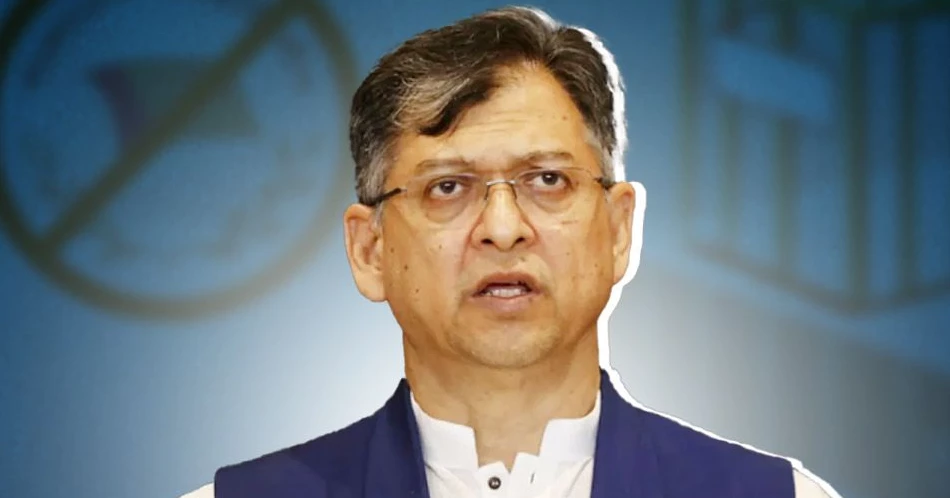BNP Standing Committee member Salahuddin Ahmed has alleged that attempts are being made to deliberately weaken the executive branch of government, which could hamper the state’s ability to meet public expectations.
He made the remarks on Monday during the 20th day of the second phase of talks between political parties and the National Consensus Commission, held at the Foreign Service Academy in the capital.
Salahuddin said, “There is an attempt to excessively weaken the executive branch. If that happens, the government will fail to meet public expectations.”
A major point of contention during the day’s session was the appointment process for constitutional bodies such as the Public Service Commission, Anti-Corruption Commission, Comptroller and Auditor General, and the Ombudsman. The commission proposed forming a separate committee to oversee these appointments—an idea the BNP strongly opposed.
BNP argued that embedding such committees in the Constitution would undermine the executive’s authority and create complications in future governance. As a mark of protest, BNP representatives staged a symbolic walkout but later rejoined the discussion.
“We believe that forming appointment committees and incorporating them into the Constitution may lead to governance complexities. To prevent authoritarian or fascist tendencies, we have proposed safeguards in three key areas,” Salahuddin said.
He added that the three safeguards would help check any future rise of authoritarianism. “Alongside this, judicial reforms are already underway. Once fully in place, they will serve as further protections for democracy. Press freedom, too, is largely functional at present,” he stated.
Salahuddin further argued, “Despite these safeguards, why should the executive branch be deprived of its ability to function properly? While it must remain accountable to the people, it also needs adequate authority to govern. Rather than creating appointment committees, we suggest enacting strong and effective legislation.”
Monday’s discussions also covered constitutional provisions related to the statutory bodies and women’s representation in Parliament.
Representatives from 28 political parties and two alliances, including BNP and Jamaat-e-Islami, participated in the meeting.
National Consensus Commission members present included Soffor Raj Hossain, Badiul Alam Majumdar, Emdadul Haque, Iftekharuzzaman, and Ayyub Mia.


